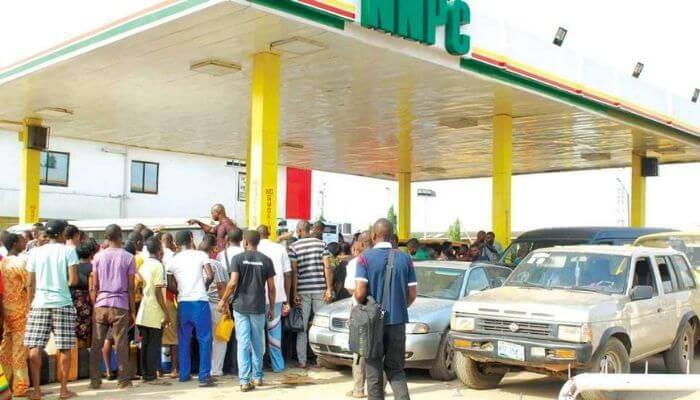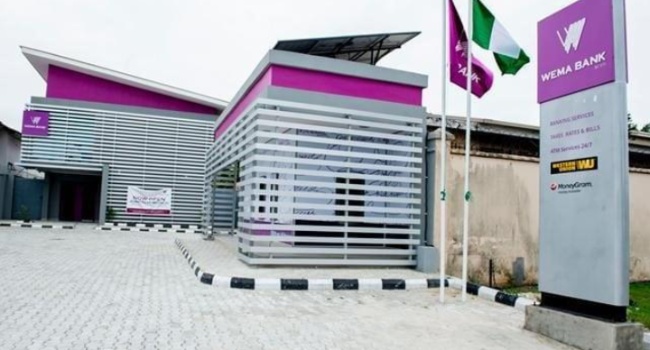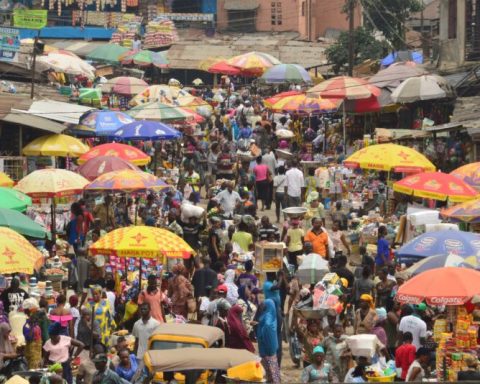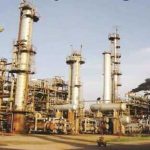Long queues at filling stations in Lagos State have sparked concerns among residents, leading to speculation about a potential fuel scarcity.
However, the Nigerian National Petroleum Company Limited (NNPCL) has moved to allay fears, attributing the situation to what it terms a “brief distribution issue.”
Join our WhatsApp ChannelAccording to reports, queues were observed at various filling stations along major routes, including the Ikorodu Road and Mobolaji Bank Anthony Way, causing traffic congestion in the Ikeja axis. Furthermore, several stations along key roads like Obafemi Awolowo Road and Ogunnusi Road reportedly remained shut, exacerbating the situation.
READ ALSO: NNPCL Unveils 36 Oil Block Concessions With Global, Local Partners
In a conversation with our correspondent, NNPCL spokesperson Femi Soneye emphasized that there were no supply issues and assured consumers of the availability of petroleum products. He clarified, “The recent tightness experienced in certain areas was due to a brief distribution issue in Lagos, which has since been resolved.”
However, the National Vice Chairman of the Independent Petroleum Marketers Association of Nigeria, Hammed Fashola, suggested that the queues might be a result of panic-buying rather than an actual scarcity. “People are just panicking. However, I will find out what the problem is,” Fashola stated.
On the other hand, the Executive Secretary of the Major Energies Marketers Association of Nigeria, Clement Isong, claimed to be unaware of the situation, citing his absence from Lagos at the time.
The NNPCL’s explanation offers reassurance to consumers amidst concerns over fuel availability, emphasizing that the issue was temporary and localized. Despite the brief disruption, the assurance of continued supply aims to alleviate fears and discourage panic-buying behaviors among residents.
Emmanuel Ochayi is a journalist. He is a graduate of the University of Lagos, School of first choice and the nations pride. Emmanuel is keen on exploring writing angles in different areas, including Business, climate change, politics, Education, and others.
- Emmanuel Ochayihttps://www.primebusiness.africa/author/ochayi/
- Emmanuel Ochayihttps://www.primebusiness.africa/author/ochayi/
- Emmanuel Ochayihttps://www.primebusiness.africa/author/ochayi/
- Emmanuel Ochayihttps://www.primebusiness.africa/author/ochayi/



















Follow Us